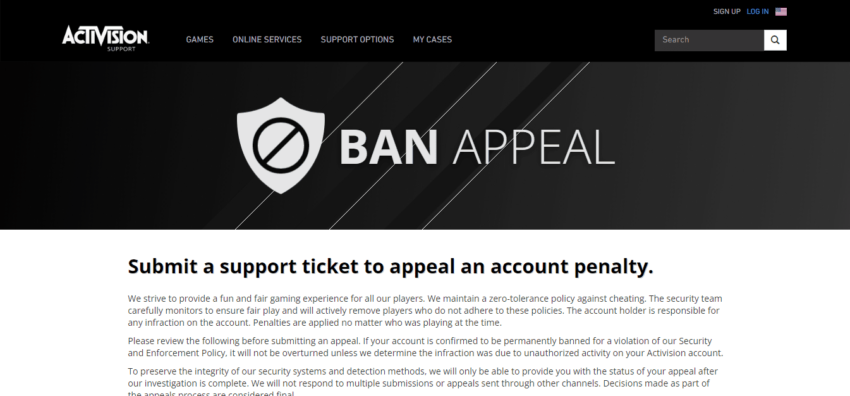In 1988 Mediagenic changed to Activision and moved into business software publishing HyperCard programs for businesses; but financial difficulties still plagued the company.
Bobby Kotick purchased the company and began clearing its debt issues, as well as cutting staff numbers and moving its headquarters from New York City to Los Angeles.
Origins
Activision Ban Appeal, known for Call of Duty, Diablo 3 and World of Warcraft among other titles, had an incredible opportunity to alter the relationship between video game publishers and developers.
Contrary to other console-exclusive companies (Nintendo for Mario, PlayStation for God of War and Xbox for Halo), Activision’s co-founders granted their programmers complete creative control while crediting them for their work.
This arrangement set them apart from Atari, led by CEO Ray Kazzar who saw programmers as underpaid egotists and prima donnas who did not deserve recognition for their efforts.
Activision quickly emerged as a force in computer gaming with titles such as Crane’s revolutionary artificial life game Little Computer People and Hacker – two titles by Crane that proved highly influential for Activision in their early years of operation. By the late 80s they had expanded further with PC gaming by acquiring Infocom (creators of groundbreaking text adventure Zork and Trinity), as well as distributing their best-selling Cabela hunting series games – before expanding globally by opening offices in France and Germany to provide video game sales services worldwide by 1997 with domestic offices located both domestically and abroad!
Early years
Activision was able to establish itself as a formidable rival despite Atari’s lawsuit, thanks to popular games like Starmaster, River Raid, Enduro and Pitfall! which proved their might. Activision soon emerged as an industry force.
Crane and Miller left Atari to start Activision in 1979, while Bob Whitehead and Larry Kaplan remained for an additional time before giving notice of their resignations from Atari.
Activision’s success quickly attracted venture capital companies. Soon enough, Activision was on the cusp of an explosive third-party development boom for the 2600. Unfortunately, its rapid ascent soon came crashing down: Bobby Kotick’s outspoken business philosophies made him popular with investors but often at odds with gaming media; his commitment to annual releases in major series that he helped launch led to criticism when sales started declining significantly.
Mid-1980s
Four Atari programmers founded Activision in 1979 with the intent of becoming the video game industry’s inaugural third-party developer and providing designers with recognition they had been denied at Atari through royalties on sales-based royalties as well as public-facing credits on game packages.
At a time when Atari was fighting to maintain its dominance over console software, Activision took off quickly by offering high-profile titles such as Ghostbusters movie tie-in and Pitfall platform game from Crane. By 1992 when Mediagenic changed to Activision they had already established an impressive library of Intellivision and ColecoVision titles.
As the decade progressed, Activision quickly expanded into PC gaming as well as other platforms like Commodore 64 and Apple 8-bit computers. Activision made smart acquisitions like those of Id Software’s groundbreaking Quake series; at the same time their stable of franchise titles such as River Raid remained strong including scrolling shooter River Raid as well as skating games Spyro the Dragon and Crash Bandicoot.
1990s
Mediagenic was soon in financial ruin as sales faltered and legal issues ensued, prompting Kotick to make drastic changes by dismissing many employees, moving to Los Angeles and returning to its Activision name. He began investing more heavily into video game development studios while simultaneously purchasing other studios and intellectual properties.
Activision was distinguished from Atari by printing its programmers’ names on packaging, creating an instantly recognisable brand image among consumers. Furthermore, Activision established design standards across its games; creating uniform rules and techniques for each one that would set them apart from competitors.
In 1998, the company expanded internationally by opening an office in France and acquiring Head Game Publishing – distributor of sporting games such as Cabela Hunting series! Along with game design services, TenpointO and Activision Presentation Tools software products were also created by this division of the business.

